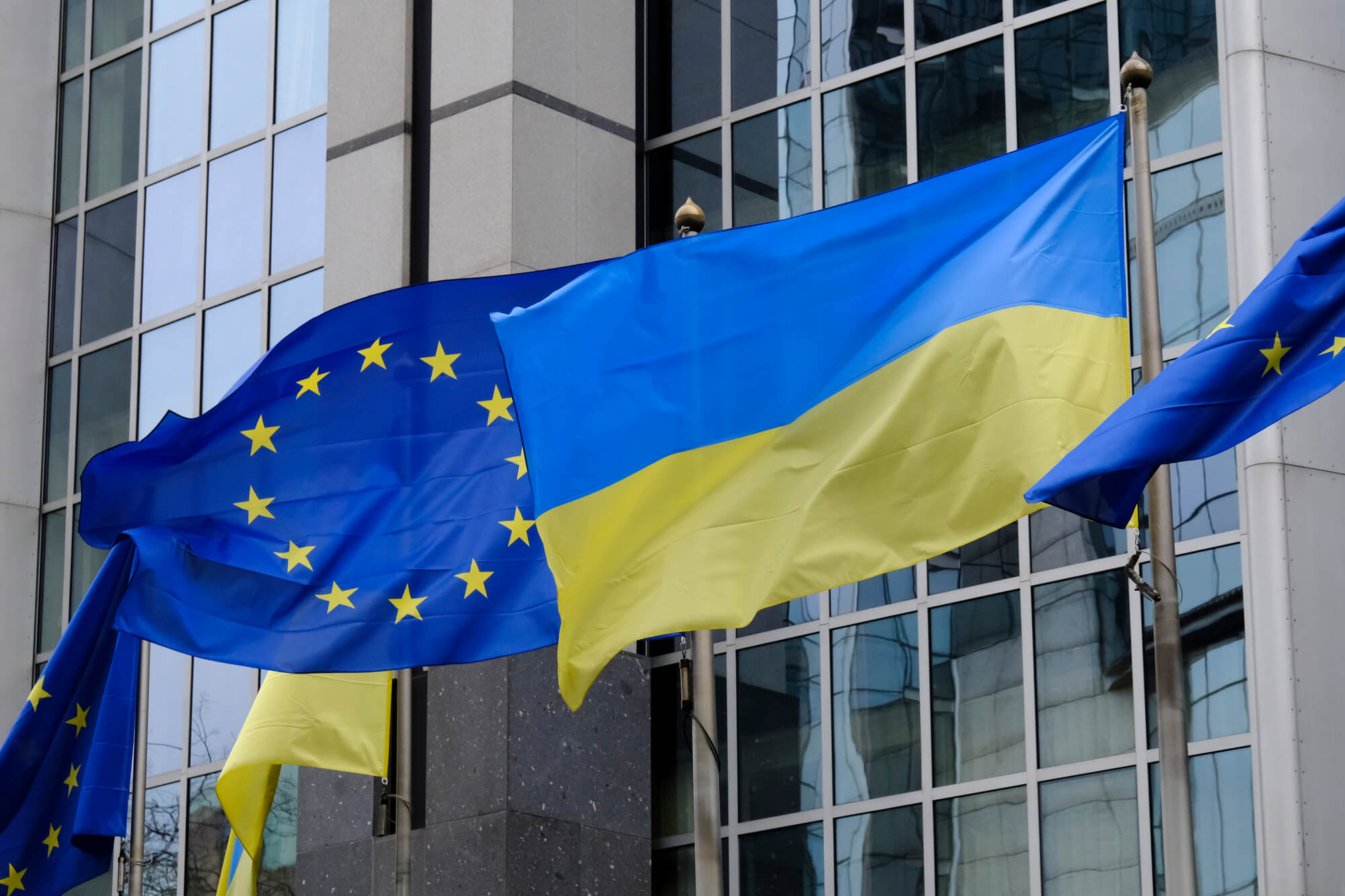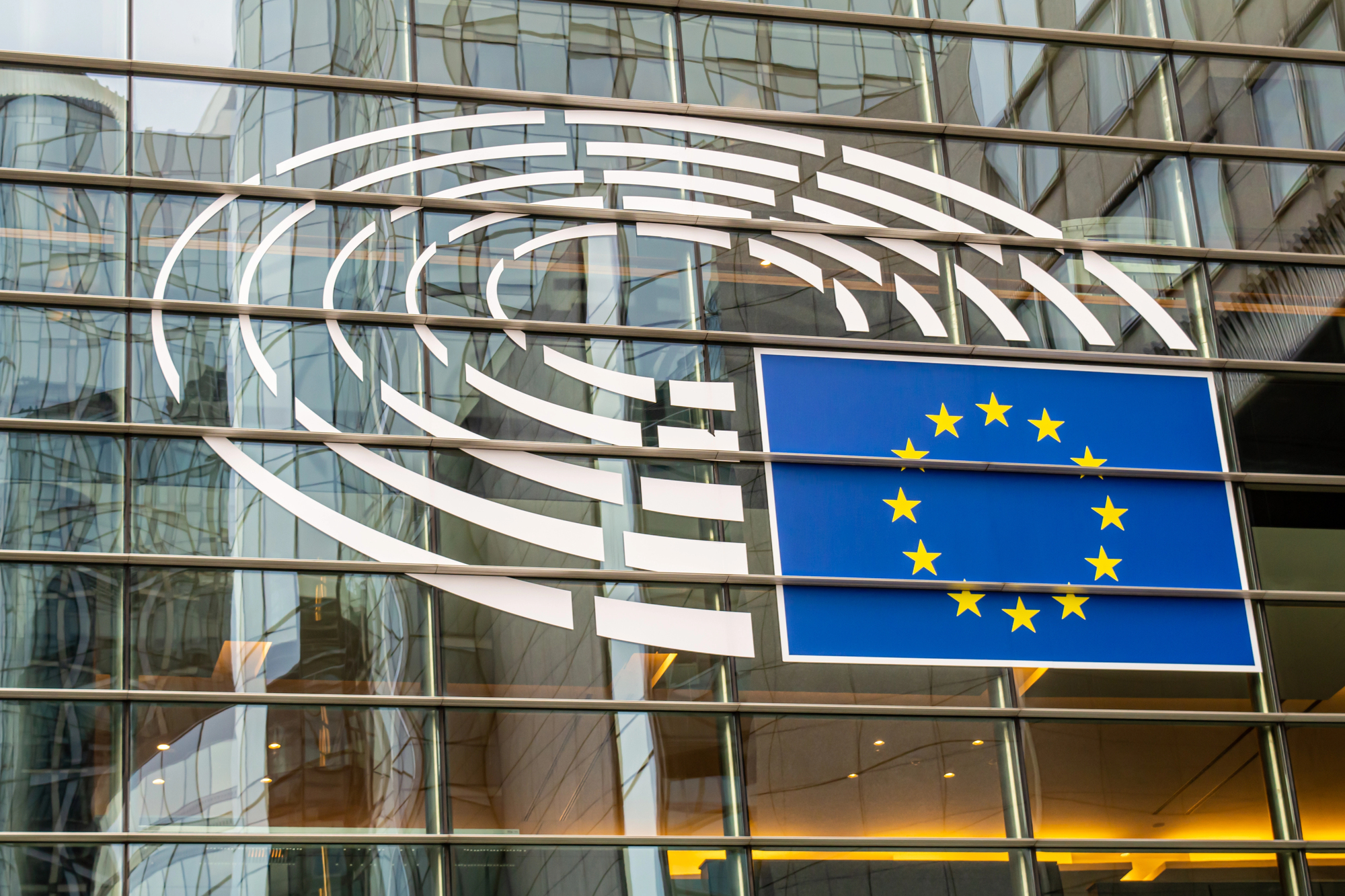The gambling market has gotten off the ground. Now, officially. At the beginning of February, the state budget received the first money from selling a license for organizing and conducting gambling in the amount of UAH 23.4 million. It was obtained by the organizer of an online casino and owner of TM Cosmolot. Overall, Parliament set the revenue budget of UAH 7.4 billion for 2021 from legalizing the gambling business, and that only from licenses.
We are looking at who and how currently regulates the gambling business in Ukraine and the differences in regulation where the gambling business was legalized earlier.
How the gambling business works in Ukraine
Until 2020, all gambling – both land-based and online – was outlawed. In 2009, during the time of Prime Minister Yuliia Tymoshenko, a law was passed banning all gambling. More precisely, it was a grey area – sort of forbidden but with many loopholes. For a long time, the casinos worked in the shadows because gambling was often disguised as instant lotteries.
Today, the new law on gambling legitimizes the main types of gambling. Specifically, casinos, online casinos, betting shops, including online, slot-machine parlours and online poker can now operate legally, provided that they meet all the requirements.
To obtain a 5-year license, all gambling establishments also have to pay a license fee, ranging from UAH 23.6 million for online poker to UAH 283.4 million for a land-based casino in Kyiv. Casinos are also required to pay an annual fee of UAH 826.5 thousand for a roulette table, UAH 425 thousand for a gaming (non-roulette) table, and UAH 28.3 thousand for a gaming machine.
So a 5-year license cost UAH 39 million or 6.5 thousand minimum wages for SpaceX LLC, the owner of the online casino Cosmolot. So far, Cosmolot has paid UAH 23.4 million of the total amount.
Online casinos
It was where the gambling market in Ukraine set off. The law does not set any specific requirements for the operator’s premises or its actual presence in the territory of Ukraine. The one limitation is that only a Ukrainian company may be its operator. All online casinos must have a .ua domain name and a registered website through which they operate.
But despite such low requirements, the Cosmolot’s owner obtained permission only at the fourth attempt. Previously the Gambling and Lotteries Regulation Commission refused three times to consider this company’s application. The regulator was not satisfied with incomplete information about the beneficiary, the absence of the stamped seals on documents and the brand information of the gambling operator.
Casinos
The law clearly distinguishes casinos in the capital from those in other cities. Casinos in Kyiv can thus be opened in five-star hotels, and in four- and five-star hotels with a hundred or more rooms in other cities of Ukraine. Casinos can be located in suburban recreation complexes with an area of at least 10 thousand square meters with a five-star hotel. The government also decided to create the so-called “special territorial gaming zones”. These can be areas whose socio-economic development needs to be stimulated.
The law also introduced an investment license, i.e. when the construction costs are counted as future fee payments. It can be obtained by building a five-star hotel (that will house a casino) with 200 rooms in Kyiv or with 150 rooms in other cities. That makes the operator exempt from paying for the license, valid for ten years.
Betting shops
Bookmaking is a kind of betting. It is allowed to bet both online and offline. However, the requirements for land-based bookmakers are quite strict. The law allows betting in three-, four- and five-star hotels with more than 50 rooms in Kyiv and more than 25 in other cities. The bookies’ minimum area should be 50 square meters. Betting shops can also be located at racetracks to bet on horse races.
Slot machines
Slot machines can be located in casinos based on a casino license and in slot machine parlours bases on a separate license. Like bookmakers, slot machine parlours can be located only in three-, four- or five-star hotels with 50 rooms or more in Kyiv, and 25 rooms and more in other cities. One license entitles the operator to install 250 gaming machines.
However, certain limitations apply. It is forbidden to locate slot machine parlours in places where less than 10,000 people live, and in places that are located closer than 500 meters to educational institutions. In addition, slot machines manufactured before 2019 cannot be installed.
Poker
A license is needed to provide online poker. Offline poker in Ukraine is not a game of chance but a sports game. A poker club can therefore operate legally if accredited.
Poker clubs must play fair and by the rules, and their owners must report their profits. The All-Ukrainian Sports Poker Federation (USPF) certifies poker clubs. It checks the poker room’s paperwork and conducts an inspection on the spot.
Therefore, by law, poker as gambling for money can only be played online, while as a sport – to get the prize money collected as the participants’ contributions – it can now be played offline.
And here, too, there may be those willing to break the law. For example, a poker club is set to be opened in the Trade Unions Building on Maidan Nezalezhnosti in Kyiv. The Federation of Trade Unions makes assurances that the new club will not play for money, only holding sports poker tournaments instead. However, an investigation by Slidstvo.info found that the institution still plans on playing for money (i.e. for stakes), as it was explained on video by the place’s manager.
Other countries’ experience
Scandinavian countries
Real money betting and gambling are especially popular in the Nordic countries. According to various surveys, conducted in the northern regions of Europe, 80% of the adult population have gambled at least once in their life. The gambling revenues, as well as the amounts that people spend on gambling, have been steadily growing in every northern country, to boot.
Of all the Scandinavian countries, Sweden is the most open to gambling, thus some well-known operators start their business there. Sweden has had a gambling law since the beginning of 2019. It stipulates that all companies willing to set up an online casino or provide any gambling services must obtain a license. It is issued by the Swedish Gambling Authority, a body that checks the suitability of gambling establishments. This body also regulates all forms of sports betting, online casino games, lotteries and any cash games.
Unlike Sweden, Norway has much stricter gambling laws. All gambling is state-run there. The state runs two Norwegian companies that have the right to conduct gambling, Norsk Tipping and Norsk Rikstoto. Norsk Tipping has been operating since 1948, offering lotteries, sports betting and gambling. The company is owned by the Norwegian government and directly controlled by the Norwegian Ministry of Culture. The company, therefore, directs its profits to the Norwegian sports and culture sector. Norsk Rikstoto works in a similar way but offers only betting on different horse races.
Denmark stands somewhere in the middle between the aforesaid models. For a long time, there was only one licensed company there, Danske Spil, whose services the players could use. It was entirely controlled by the state and all profits from its activities went directly to the state budget. Other companies could not obtain a license. However, as of 2012, the Danish can play in online casinos, placing bets with any licensed company approved by the Danish authorities. At the same time, Danske Spil still retains a monopoly. This is due to the fact that the company offers more products than other operators, conducting powerful advertising campaigns for its products. Also, Danske Spil has the exclusive right to conduct lotteries, races, bingo, keno and similar games. That is, by law, no other operator can obtain a license for these services.
Germany
Land-based gambling is legal in Germany. The country ranks second in Europe after Italy in terms of gambling revenues. In 2019, its gross revenue amounted to EUR 14.3 billion. And that is despite the taxes that are considered one of the highest in Europe.
In 2012, all the federal states of Germany signed the Interstate Gambling Law. It regulates the land-based gambling business in Germany, providing the protection of users and combatting fraud and the illegal market. Since Germany is a federal country, each of its 16 states can also pass additional laws to regulate offline games. For example, in Bavaria and Baden-Württemberg, it is possible to play at casinos only if you are 21, while in all other states it is possible for 18-year-olds. Casino licenses are also issued by the federal government on a tender basis, and their number is determined by local laws.
Overall, licenses for most offline games can be obtained by both state-owned and private companies. However, there are exceptions. Specifically, Germany has a state monopoly on lotteries.
The situation is altogether different with regard to online gambling. The current German law of 2012 prohibits all types of online gambling, except for sports betting. Germans can bet and play online games only in foreign online casinos because companies based outside of Germany are not subject to German law. However, in case of fraud or any other violation of rights, players will not receive any assistance.
Due to this legal uncertainty in the online gambling market, the German government passed a more liberal law due to come into force in the summer of 2021. It will lift the ban on online casinos and online poker, although only a limited number of the former will be available.
Malta
The Republic of Malta is distinguished from other countries by its loyalty to the gambling business – the local law allows both land-based and online gambling. A significant number of operators registered in Malta point to flexible and convenient conditions for the gambling business. Specifically, a gambling house network owner has the right to issue resident permits in Malta. Such a liberal government policy on gambling pays off – the gambling industry’s contribution to the Maltese economy amounts to EUR 1.56 billion. And revenues from online gambling alone account for 13% of Malta’s GDP.
Maltese licenses are expensive but very prestigious. The license fee is EUR 25 thousand, the processing of the application is EUR 2.3 thousand, and license renewal is EUR 1.5. There are four classes of Maltese licenses: Class 1 – for table casino games, slots and lotteries, Class 2 – for betting, Class 3 – for betting exchanges, pools and poker rooms, and Class 4 – for online gambling.
All licenses are issued by the Malta Gaming Authority. It is considered one of the most reputable gambling authorities in the world.
Permission for an Internet casino in Malta is valid for 5 years. An important aspect is that Maltese online gambling companies cannot accept payments made by US citizens or process cards issued by US banks. This is due to the fact that US law prohibits funding Internet gambling. Therefore, the clients of Maltese companies are mostly residents of the CIS and the EU.
Money laundering
However, gambling itself and possible addiction to it is not the only challenge faced by the regulators. Huge sums of money passing through the casino often come in cash – hence there is the possibility to launder “dirty” money.
For example, in Canada in 2018, some people were filmed bringing suitcases and hockey bags stuffed with 20-dollar bills into the casino. The video from the surveillance cameras shows how those were exchanged for casino chips. This, however, is not an isolated case – in 2018 alone, approximately more than USD 5 billion was laundered. As a result, the Canadian regulator has a special committee on money laundering. According to their norms, casinos must detect and report suspicious transactions to the Financial Transactions and Reports Analysis Centre of Canada (FINTRAC) and cooperate with law enforcement agencies that can investigate such crimes. This is mostly intended to prevent the legalization of proceeds of crime or the financing of terrorism.
Similar rules apply in the UK, where casinos also have to instruct their employees on how to detect such suspicious transactions.
However, despite all the risks of this market, it is always safer to operate within the law, when the participants can be regulated. Operating in the shadows, gambling may be not only a way to launder dirty money but also the very source of it. For example, in Japan, illegal casinos have long been and remain, to a degree, a source of income for the Yakuza, the local organized crime groups.
Attention
The authors do not work for, consult to, own shares in or receive funding from any company or organization that would benefit from this article, and have no relevant affiliations




